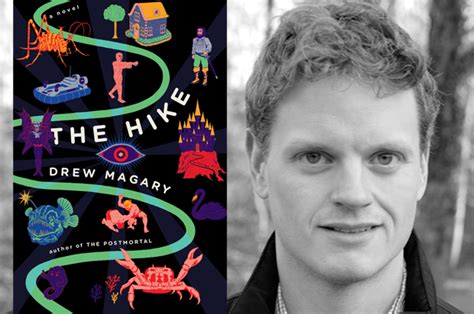A Quote by Anjelica Huston
My father was extremely loving to me and funny and wise and understanding, and at other times extremely demanding, critical, calculating, exacting. When you're a young woman, I think you want to please a lot, so maybe you accept more of the criticism than you would as an older person. But criticism can be very wounding. It certainly was to me.
Related Quotes
I don't have a very high opinion, actually, of the world of criticism - or the practice of criticism. I think I admire art criticism, criticism of painting and sculpture, far more than I do that of say films and books, literary or film criticism. But I don't much like the practice. I think there are an awful lot of bad people in it.
That was one of the big problems in the [Black Panther] Party. Criticism and self-criticism were not encouraged, and the little that was given often wasn’t taken seriously. Constructive criticism and self-criticism are extremely important for any revolutionary organization. Without them, people tend to drown in their mistakes, not learn from them.
You see an artist, a creative person, can accept criticism or can live with the criticism much more easily than with being ignored. Criticism makes you feel alive. If somebody is bothered enough to speak vituperatively about it, you feel you have touched a nerve and you are at least 'in touch.' You are not happy that he doesn't like it, but you feel you are in contact with life.
People are more interested in reading bombastic ideas, whether they're positive or negative. Part of me has sort of lost interest in doing criticism because of that. I've always realized that criticism is basically autobiography. Obviously in my criticism, it's very clear that it's autobiography, but I think it's that way for everybody.
Criticism is hard for me but people find hard to believe because they think I'm very tough, very strident, that I tell everybody where to get off, and how. But I've actually got a really thin skin. I don't know. It's quite pathetic. So, yeah, it's hard for me to take criticism. But I also kind of have this sense of humor on overdrive, so I don't take any of it seriously. So that sort of saves me, the fact that I think it's just all kind of funny.
In the spiritual domain, criticism is love turned sour... If criticism becomes a habit, it will destroy the moral energy of the life and paralyze the spiritual force... Whenever you are in a critical temper, it is impossible to enter into communion with God. Criticism makes you hard and vindictive and cruel, and leaves you with the flattering unction that you are a superior person. It is impossible to develop the characteristics of a saint and maintain a critical attitude.
I found that life for me gets a lot more serious as you get older. You start off young and happy and smiling and "Wooo! I'm having fun!" And then you get married, and that's very serious, and you have kids, and that's very, very serious. So as you get older, you start thinking about passing away, and that becomes extremely serious.
The weekly cartoons, as were my plays, came from a sense of criticism, criticism of the times, critical of the culture, of our manners and attitudes towards each other. The children's books come from the reverse. They're more supportive, since we're living in a time where we talk more about kids and do less, we talk about balancing the budget and we do it by cutting education.




































